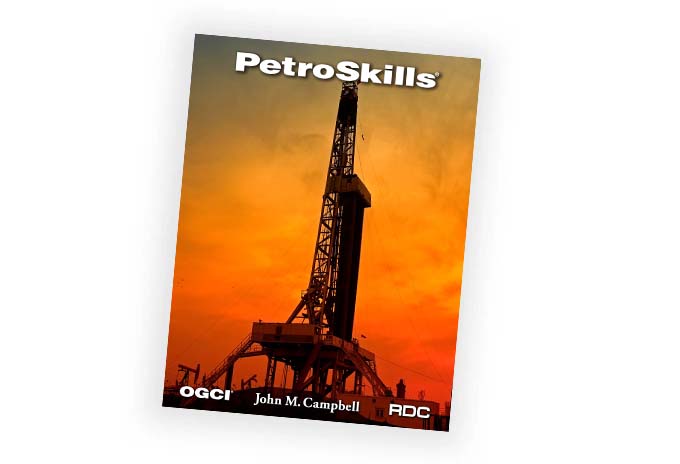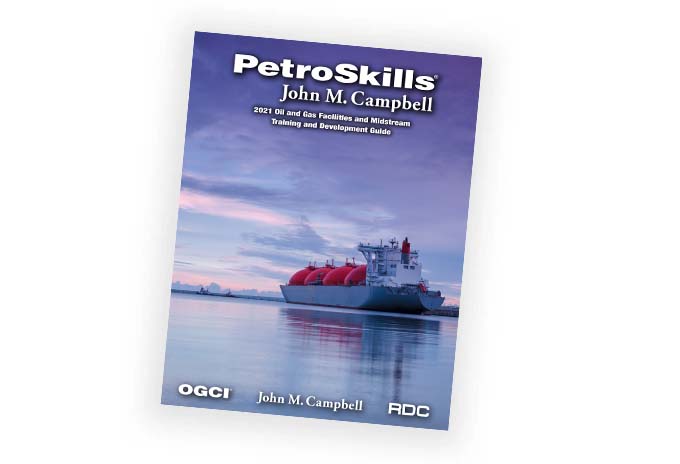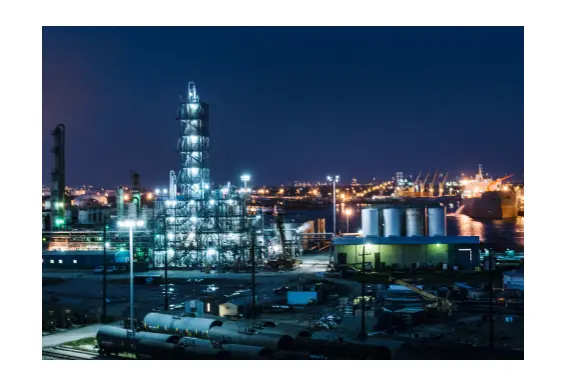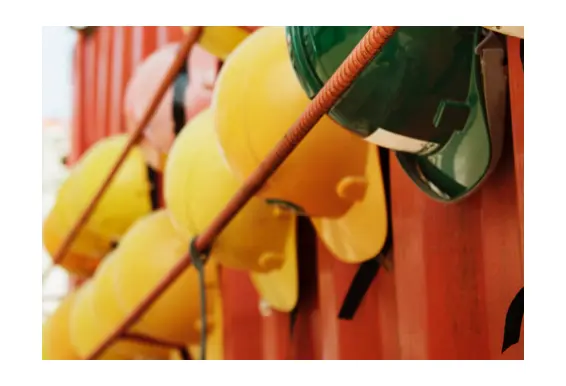Applied Reservoir Engineering - RE
Course
About the Course
This course represents the core of our reservoir engineering program and the foundation for all future studies in this subject. Numerous engineering practices are covered, ranging from fluid and rock properties to simulation and field development planning. Proficiency in using Microsoft Excel to perform calculations and make graphs is desirable. Reservoir engineering is also presented in the context of a modern, multi-disciplinary team effort using supporting computer technology. An extensive manual and set of references are included. This course covers conventional reservoirs.
RE is also available virtually via PetroAcademy.
"Overall fantastic course! Lays great foundations."
RE is also available virtually via PetroAcademy.
"Overall fantastic course! Lays great foundations."
- Exploitation Engineer-in-Training, Canada
"Fantastic overview. The majority of learnings will not be directly applicable in my current job, but will help me better communicate with technical staff and make economic decisions."
"Fantastic overview. The majority of learnings will not be directly applicable in my current job, but will help me better communicate with technical staff and make economic decisions."
- Production Engineer, United States
Target Audience
Engineers or geoscientists who will occupy the position of reservoir engineer, and any other technically trained individual who desires a more in-depth foundation in reservoir engineering than is offered in the one-week Basic Reservoir Engineering and Reservoir Engineering for Other Disciplines courses.
You Will Learn
Participants will learn how to:
- Determine critical properties of reservoir rocks fluid (oil, water, and gas) PVT relationships
- Calculate hydrocarbons initially in place using several methods
- Assess reservoir performance with dynamic techniques
- Determine the parameters that impact well/reservoir performance over time
- Analyze well tests using standard well testing principles and techniques
- Characterize aquifers
- Determine reservoir drive mechanisms for both oil and gas reservoirs
- Apply oil and gas field development planning principles
- Forecast production decline
Course Content
- Asset life cycles, professional roles, hydrocarbon reservoir descriptions
- Porosity, permeability, compressibility, capillary pressure, wettability and relative permeability, averaging reservoir property data
- Phase behavior of reservoir fluids, gas properties, oil properties, water properties, PVT sampling, and understanding PVT laboratory reports
- Calculate original hydrocarbons in-place with volumetric methods, build hydrocarbon volume vs depth relationships, and review reserve booking guidelines
- Oil recovery material balance, Havlena-Odeh method, gas material balance, volumetric, compaction, water drive, and compartmentalized reservoirs
- Oil well testing: radial flow theory, wellbore storage and skin, drawdowns, buildups, curve shapes, type curve solutions, pseudo steady state, steady state, average pressure estimates, PI and IPR relationships
- Gas well testing: pressure, pressure squared, real gas pseudo pressure solutions, rate sensitive skins, multi-rate testing, gas well deliverability
- Hurst van Everdingen, Carter Tracy, and Fetkovitch methods of aquifer analysis and description
- Immiscible displacement: fluid displacement process, fractional flow, Buckley Leverett, Welge
- Description of coning, cusping, and over/under running, critical rates calculations, breakthrough times, horizontal well applications
- Gas reservoirs: volumetric, water drive and compaction drive-oil reservoirs: water drive, water flood, gravity drainage, gas cap expansion, combination drive, naturally fractured and critical reservoir fluid reservoirs
- Gas field developments: characteristics, deliverability issues, contracts, planning tools - oil field developments: development phases, reservoir characterization, sweep and recovery, production policies
- Reservoir simulation: why simulate? Various simulation models, simulator types, setting up a simulator model
Product Details
Categories:
UpstreamDisciplines:
Reservoir EngineeringLevels:
FoundationProduct Type:
CourseFormats Available:
In-ClassroomAdditional
Request a Public Session
If you are interested in a public session of this course, please click the button below to request it.
Request Public SessionIn-House Training
This course is also available upon request as a private, on-site seminar. Contact us for details and pricing.
Request In-House TrainingNeed Help
Contact us if you have additional questions about how to register for or attend this course.
Contact Us



